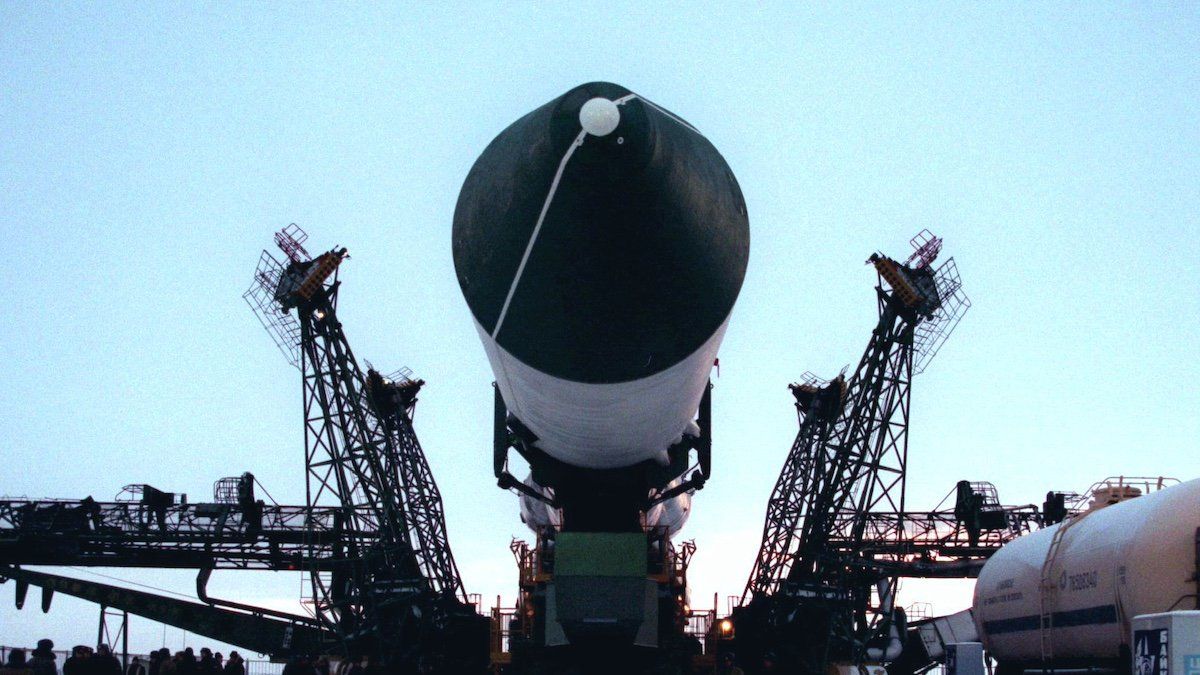13: A UN Security Council resolution reaffirming a long-standing prohibition on arms races in outer space got 13 votes in favor this week, but it was shot down by a single veto from UNSC permanent member Russia. Moscow says it wasn’t necessary to support a resolution that merely reaffirmed a 1967 treaty that Russia is already part of, but the US ambassador to the UN asked, “What could you possibly be hiding?” In recent months, the US has said it believes Russia is developing a new space-based, anti-satellite weapon.
1.6: The US economy expanded by just 1.6% in the first quarter of the year, lagging analyst forecasts by nearly a full percentage point, as consumer spending slowed. Normally that would create momentum for the Fed to cut interest rates to spur growth, but there’s no joy there either: Core inflation (which excludes food and energy) rose 3.7%, higher than economists expectations, limiting the scope for any near-term rate cuts.
118: Authorities in the Nigerian capital of Abuja are on high alert after a rainstorm destroyed a fence at a nearby penitentiary, allowing as many as 118 inmates to escape. A prison service spokesperson blamed “colonial era” facilities. Weak security and run-down buildings contribute to frequent prison-breaks in the West African nation.
4 billion: After months of talks, Ecuador and the IMF
agreed to a $4 billion loan agreement meant to help stabilize the small Andean country’s finances as it grapples with a vicious cycle of economic hardship, rising poverty, and skyrocketing homicides. Just days earlier, Ecuadorians had
voted yes in a referendum to boost the government’s ability to crack down on drug violence.
